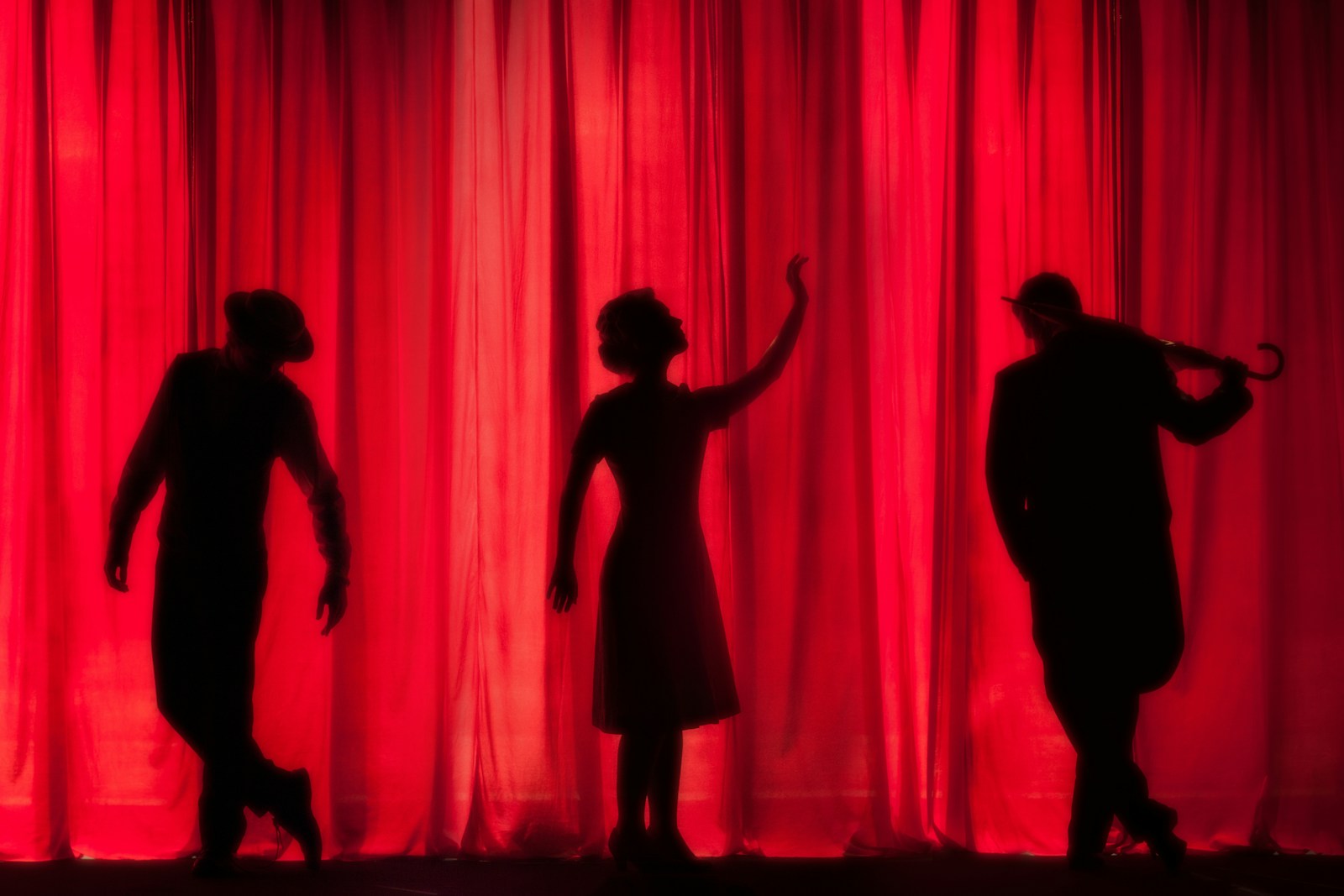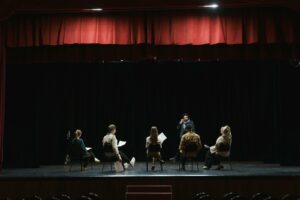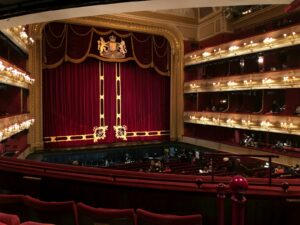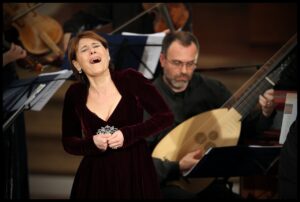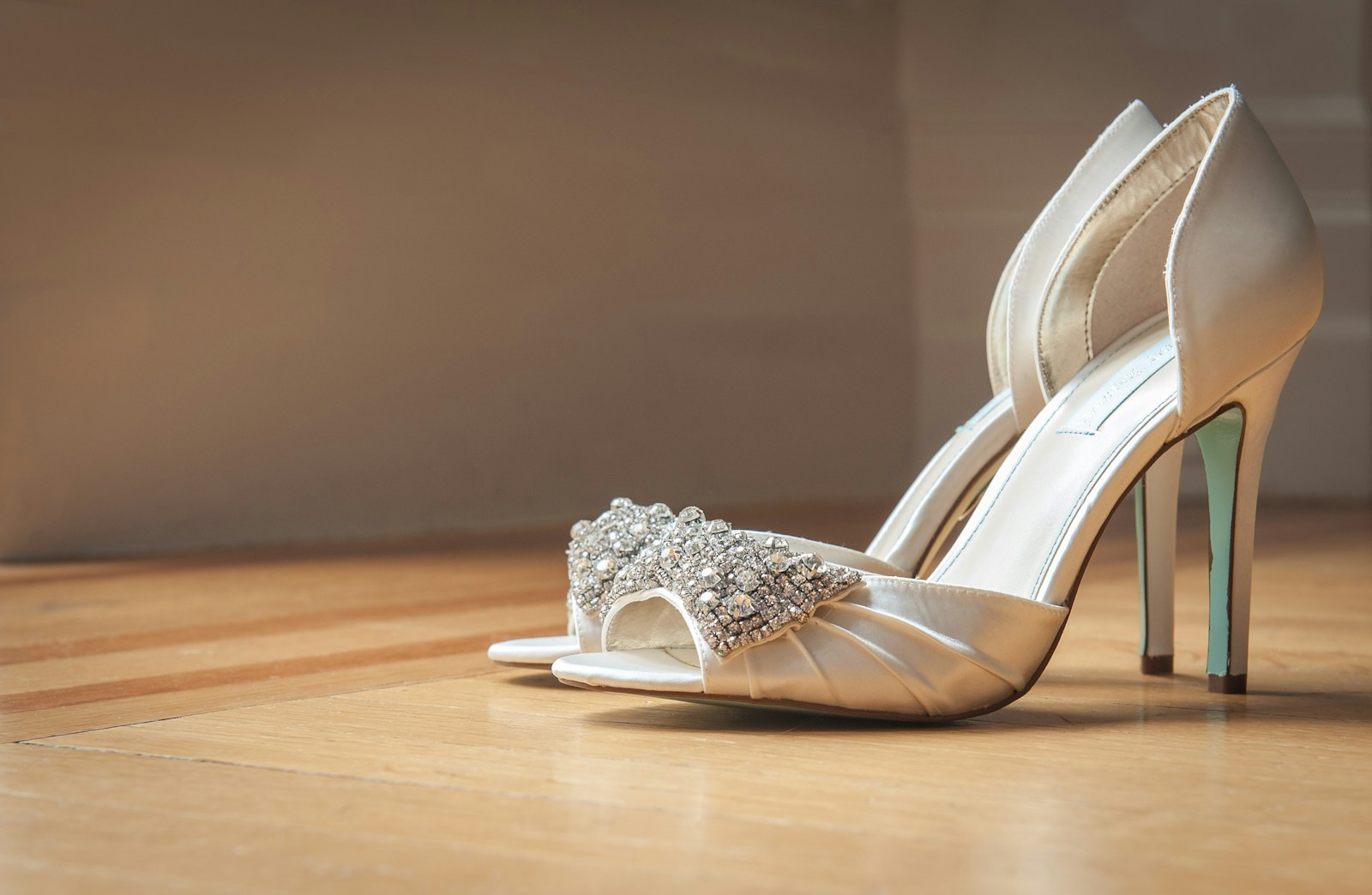Opera performances are a gateway to a world where music, drama, and visual arts collide to create something truly magnificent. Whether you’re a seasoned opera-goer or curious about diving into this vibrant art form for the first time, there’s no denying the impact and emotion that opera performances, such as Mozart’s Magic Flute, can evoke. Let’s explore the magic of opera together and discover why it continues to captivate audiences around the globe.
The History of Opera
Opera’s journey begins in the late 16th century in Italy, with a group of intellectuals and musicians known as the Florentine Camerata. They aimed to resurrect the storytelling methods of Greek antiquity, marrying drama with music. The earliest operas, like Jacopo Peri’s Dafne in 1600, placed a strong emphasis on the emotional expression of the human voice, setting the stage for what opera would become: a captivating fusion of music, theater, and visual arts.
By the 17th century, opera had spread across Europe, evolving to include elaborate costumes, scenic designs, and orchestration. This period saw the emergence of opera houses, with Venice opening the world’s first public opera house, Teatro San Cassiano, in 1637. The popularity of opera grew, leading to distinct national styles such as French opera, characterized by its dance sequences, and German opera, known for its classical singers and rich orchestration.
Key Opera Milestones
Magic Flute takes center stage during the Classical period, heralding the works of Mozart, including The Marriage of Figaro and Don Giovanni, setting new standards for opera composition and performance. Opera’s evolution didn’t stop there. The 19th century, known as the Romantic era, brought forward composers like Verdi and Wagner, who expanded the boundaries of opera with their innovative approaches to musical drama. To this day, contemporary composers continue to push the art form in new directions, reflecting current events and societal changes, further demonstrating opera’s timeless appeal and adaptability.
Elements of an Opera Performance
At the heart of any opera are the vocal performances. Opera singers train for years to master the art of delivering powerful, emotive performances without the aid of microphones. Their ability to project their voices across the auditorium is nothing short of remarkable. Alongside these vocalists, the orchestra provides the musical backbone of the performance, setting the mood and enhancing the emotional impact of the storyline. The interaction between the singers and the orchestra is pivotal, guiding the audience through the narrative’s twists and turns.
Beyond the music, staging and design play indispensable roles. From elaborate costumes that reflect the period and ethos of the opera, to sophisticated scenic designs that transport you to another time and place, these visual elements are key to the overall experience. Lighting design further adds to the atmosphere, subtly directing your attention and amplifying the drama on stage. Modern productions, such as the jazz-infused comedy “La Périchole” set in Prohibition-Era New Orleans, showcase how creative staging and design can re-imagine classic operas for contemporary audiences.
Understanding these elements enhances your appreciation of the complexity and beauty of opera performances. As you get ready to engage with the art form, remember you’re not just about to watch a show; you’re stepping into a multifaceted world where music, story, and visual art intertwine to create magic.
Famous Opera Houses Around the World
When you step into an opera house, you’re entering a world where history, architecture, and performance art converge to create an unforgettable experience. Among the most renowned opera houses, each has its unique charm and legacy.
The Metropolitan Opera House in New York City, often referred to simply as “The Met,” is a beacon of opera in the United States. With its lush red velvet interiors and dazzling chandeliers, attending a performance here is nothing short of magical. Founded in 1883, The Met stages over 200 performances each season, featuring some of the world’s most talented opera stars and classical singers.
Across the pond, the Royal Opera House in London’s Covent Garden stands as a testament to the enduring appeal of opera in Europe. Famous for its stunning facade and exquisite auditorium, it has been home to royal ballet and opera since the mid-19th century. Beyond its architectural beauty, it’s celebrated for its commitment to bringing innovative opera and ballet productions to the public.
Venturing further into Europe, the La Scala Opera House in Milan, Italy, is synonymous with opera prestige. Opened in 1778, La Scala has hosted the premieres of some of opera’s greatest works. Its world-class acoustics and ornate, gilded interior make attending a performance here a pinnacle event for opera enthusiasts and their friends.
As you immerse yourself in the rich tapestry of opera, visiting these iconic venues can be a transformative experience. Each opera house, with its storied past and vibrant present, invites you to partake in a tradition that continues to inspire and move audiences around the globe.
Behind the Scenes: The Making of an Opera
When you cherish the grandeur of an opera performance, it’s easy to overlook the intricate process that unfolds behind the scenes. But the creation of an opera is an elaborate symphony of artistry and technical precision, months, sometimes years, in the making. From the selection of the repertoire to the final curtain call, every step is a vital piece of the puzzle.
Initially, the journey of an opera starts with the selection of the piece, which often involves considerations around theme, historical significance, and the message it conveys. Carlos Simon, as a Composer-in-Residence at the John F. Kennedy Center for the Performing Arts, plays a pivotal role in this phase, blending diverse musical genres to craft unique and compelling compositions. Following this, casting the right mix of talent becomes paramount. Opera requires a rare blend of vocal prowess, acting ability, and sometimes, dance skills. The aim is not just to find a singer but a storyteller.
Next comes the exhaustive rehearsal period. It’s not just about perfecting the notes but also about understanding the character’s psychology and the opera’s narrative arc. The production team, including directors, stage designers, and costume designers, work closely to shape the opera’s visual and emotional landscape. For instance, in the reimagined jazz-infused comedy set in Prohibition-Era New Orleans, every detail from the setting to the costumes contributes to transporting the audience to another time and place. Meanwhile, technical staff meticulously plan the lighting and sound design to complement the production’s mood and tone.
Throughout this process, the orchestra and chorus undergo rigorous training to synchronize with the soloists and the conductor’s vision. The role of the music director, soon to be assumed by Spano in the 2025-2026 season for the Washington National Opera, becomes crucial here. Under their guidance, the orchestra and chorus must navigate the complexities of the score, ensuring that each note contributes to the storytelling. This period of preparation culminates in dress rehearsals, which simulate the live performance, allowing the cast and crew to fine-tune their delivery.
How to Appreciate Opera as a Beginner
Starting your journey into the world of opera might seem daunting at first, but it’s truly an enriching experience. Opera combines music, theater, and sometimes dance to tell stories that evoke a broad spectrum of emotions, from joy to despair. One of the first steps in appreciating opera is to understand its elements. Operas are mainly composed of two parts: the aria, a song for a solo voice that often expresses intense emotion, and the recitative, which moves the storyline forward, almost like spoken dialogue. Familiarizing yourself with these can enhance your understanding and enjoyment.
Before attending a performance, it’s beneficial to do some research about the opera you’re going to see. Reading the synopsis or watching a video summary online can give you a better grasp of the plot and character motivations, making the experience more immersive. Additionally, since many operas are in languages other than English, checking if there’ll be subtitles offered at the venue is a good idea. This way, you won’t miss any of the story’s nuances.
Attending live performances is arguably the best way to experience opera’s full impact. While at the performance, let yourself be transported by the powerful vocal performances and the orchestra’s sweeping melodies. Pay attention to the stage design, costumes, and lighting, all of which play a crucial role in bringing the story to life. Remember, opera is as much a visual art form as it is musical. Even if you don’t understand every word, the emotional depth of the music and the artists’ performances can communicate the story’s essence. Opera is not just about the auditory experience; it’s a feast for the senses, inviting attendees into a world where music and drama intertwine seamlessly.
Final Thoughts: Opera Performances
Embracing opera’s rich tapestry of music, theater, and emotion offers a unique journey into storytelling that’s both profound and exhilarating. With the insights on arias, recitatives, and the magic of live performances, you’re now equipped to dive deeper into this art form. Remember, understanding the opera you’re about to see enriches the experience, allowing you to connect more deeply with the performance. Opera isn’t just about what’s happening on stage; it’s a sensory feast that engages and moves you, transcending language and culture.
So, take the plunge and let the world of opera unfold its wonders to you. It’s an experience that promises to be as rewarding as it is captivating, providing the perfect backdrop for cherished moments with friends and family in the future. And who knows, maybe your appreciation for this dramatic production will inspire others to join you on this magical journey of discovery and support the arts.
